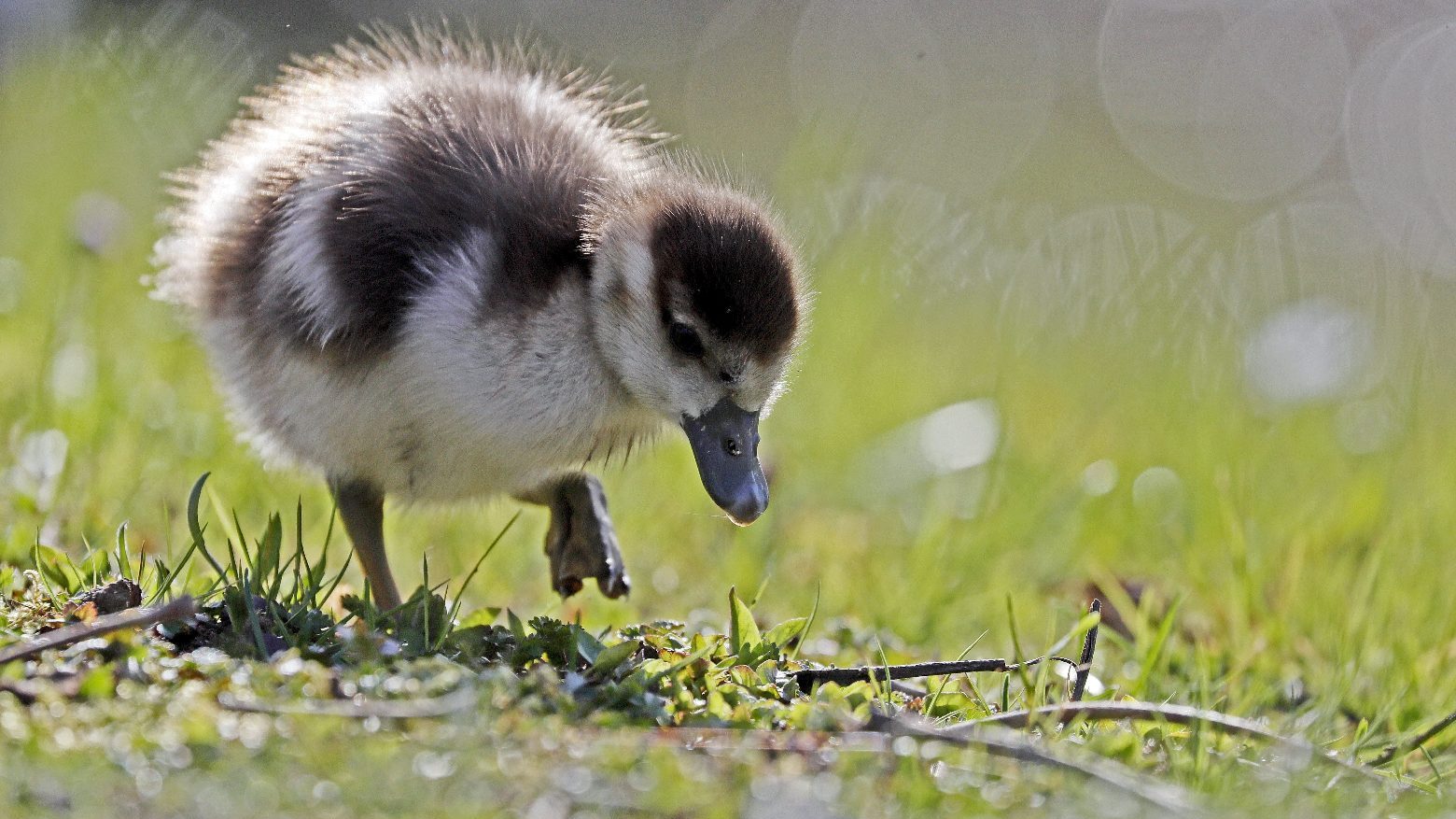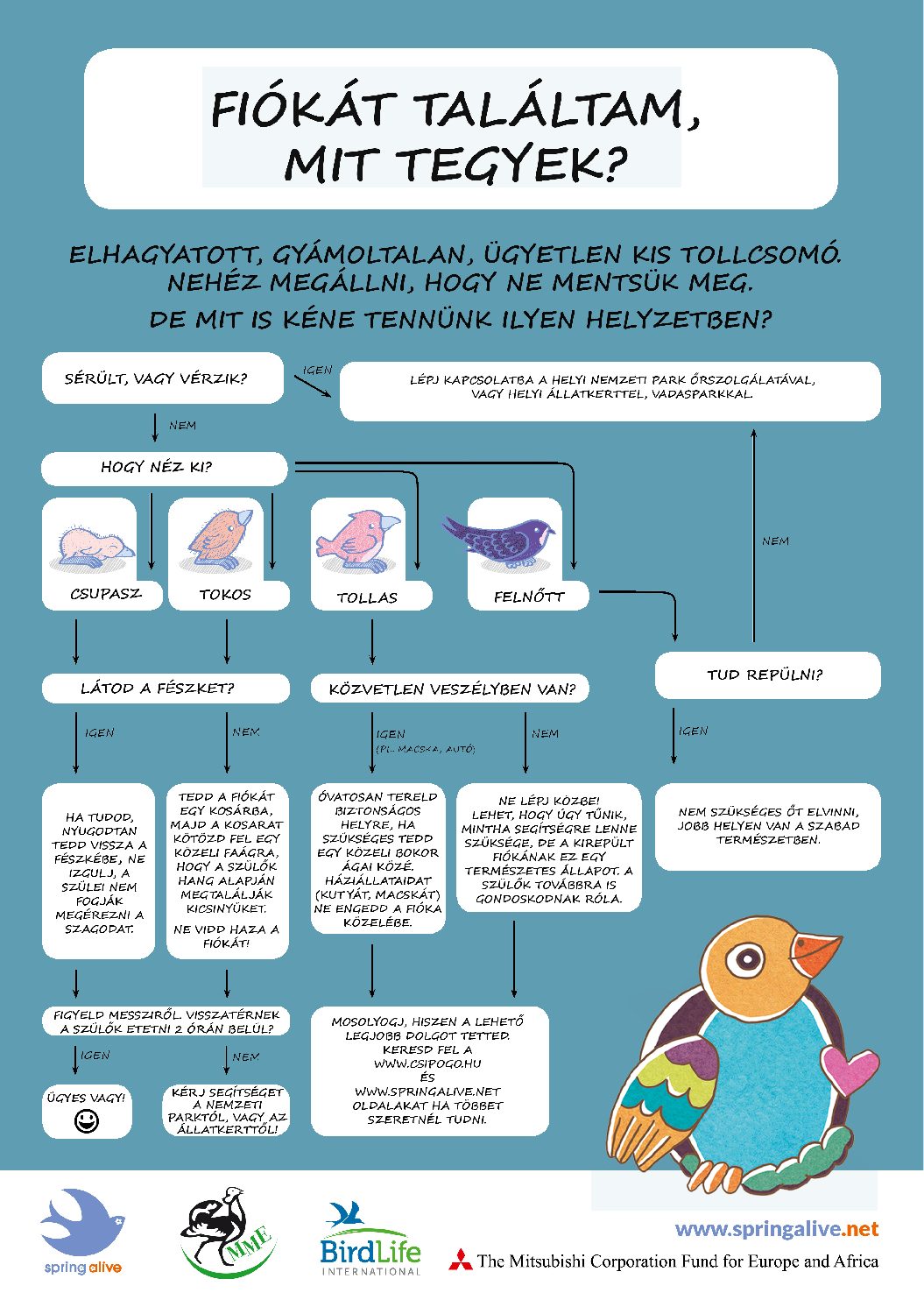According to experts, death from predators and inexperience is part of natural processes, and not all chicks need to survive in order to maintain stable populations of bird species. The Hungarian Ornithological Association shows with an explanatory poster what to do if someone finds a helpless abandoned chick.
In the spring, news broke that the crew of a bird rescue station in Mali, near Miskolc, had rescued young squirrels who were in trouble because of logging.
If a person encounters distressed animals, he naturally wants to help them, however, professionals invite careful consideration of what needs to be done in such situations because, unlike appearances, animals often are not actually in trouble in these situations.
Squirrels rescued by staff of a bird rescue station in Mali:
In the case of birds, the hatching season extends from April to August, when we may encounter young birds that appear to be in need of rescue. Although chicks may appear deciduous, lonely, most of them are not orphans so their greatest help is not to be caught.
a In the prospectus of the Hungarian Ornithological Society Animal lovers state that a responsible bird keeper should not act against the laws of nature. Every bird, nest and chick is required to be rescued only for endangered species.
Experts say we have to accept that predator deaths, disease and lack of experience are integral to natural processes. This is why most small and medium-sized songbirds spend twice a year and thus raise over twenty chicks per year. The survival of a stable flock does not require the survival of all the chicks, in fact, that would be completely unfavorable, as it would lead to an explosion of a flock that would deprive the birds of food in a short time and cause the flock to collapse on their own.
Click here to open a larger version of the image (Figure: Hungarian Ornithological Society)
The Hungarian Ornithological Society asserts that in the case of birds common to the settlement, saving a few hundred or a few thousand birds, which are often unnecessary and not in trouble, is not important for the flocks. This is well supported by Hungarian herd data, such as the annual breeding of a domestic flock of great crested oddity, wood sparrow, black thrush, house sparrow, field sparrow, and great sparrow of over 10 million chicks.
Of course, experts do not say that we should not deal with animals in distress, but that we must carefully assess the circumstances if we find ourselves in such a situation.
Cover photo illustration.














































